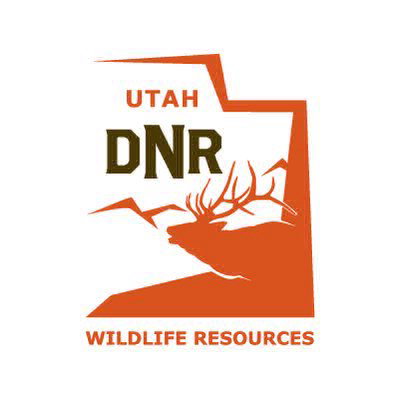SCI Files Lawsuit to Reverse ESA Listing of Polar Bears
Washington, D.C. – Safari Club International (SCI) filed a lawsuit on September 8th challenging the listing of the polar bear as “threatened” under the Endangered Species Act (ESA) which led the U.S. Fish and Wildlife Service (FWS) to ban imports of polar bear trophies from Canada. SCI’s lawsuit, filed in the U.S. District Court for the District of Columbia, asks the Court to reverse the listing of the polar bear, in order to effectively eliminate the import ban. In a separate lawsuit filed in May 2008, SCI asked the same court to reverse the ban on imports. The State of Alaska has also joined SCI in this important fight, filing a lawsuit challenging the listing of the polar bear in the same court.
Not only is the endangered listing based upon uncertain science, but it also fails to account for the positive conservation benefits of well-regulated hunting. The listing of the polar bear interferes with sustainable sport-hunting of polar bears by cutting off importation by U.S. citizens. This hunting and importation of polar bears, which has been occurring since 1994, advances polar bear conservation and supports remote native communities in the Canadian arctic. The economic benefit to the native communities helps make polar bear conservation more important to the people who share the arctic environment with the animal. Canadian governments spend well over $1,000,000 annually on polar bear conservation and management and the imports, over 900 since 1994, also have created close to $1,000,000 for polar bear research and conservation.
Merle Shepard, President of SCI, said, “The listing of the polar bear is not supported by the science. Polar Bear population numbers are at all time historic highs. This animal was already well-regulated under the Marine Mammal Protection Act and international treaty. The FWS’s recent listing of the species as threatened — based on reports that attempt to predict speculative impacts 45 years from now — should not be used to undermine international polar bear conservation.”





